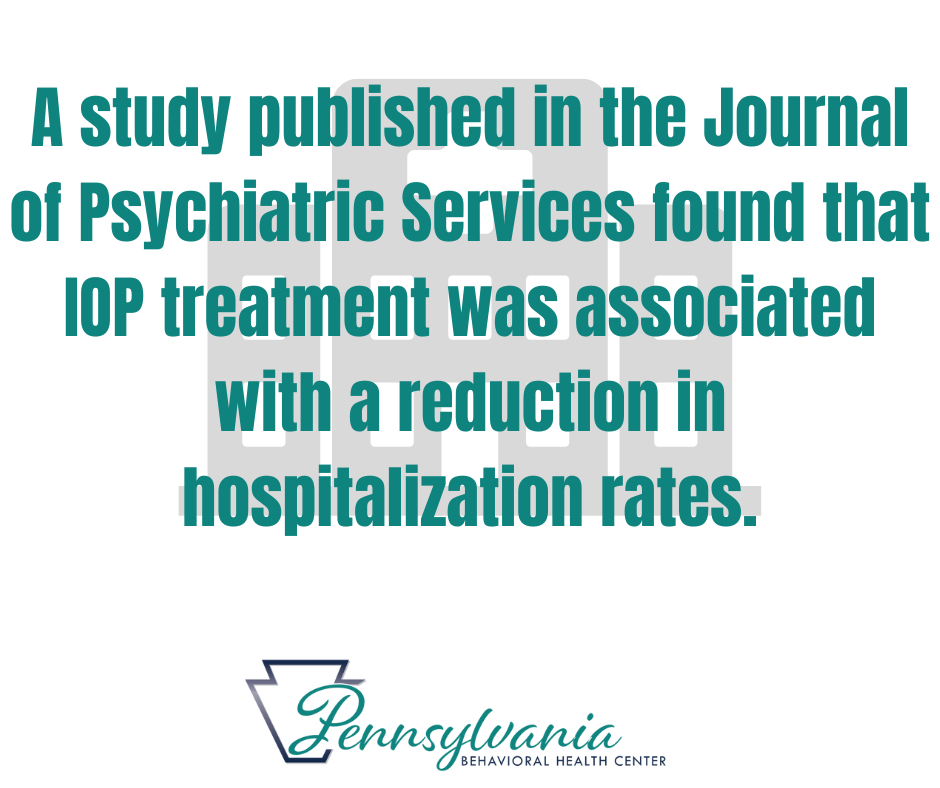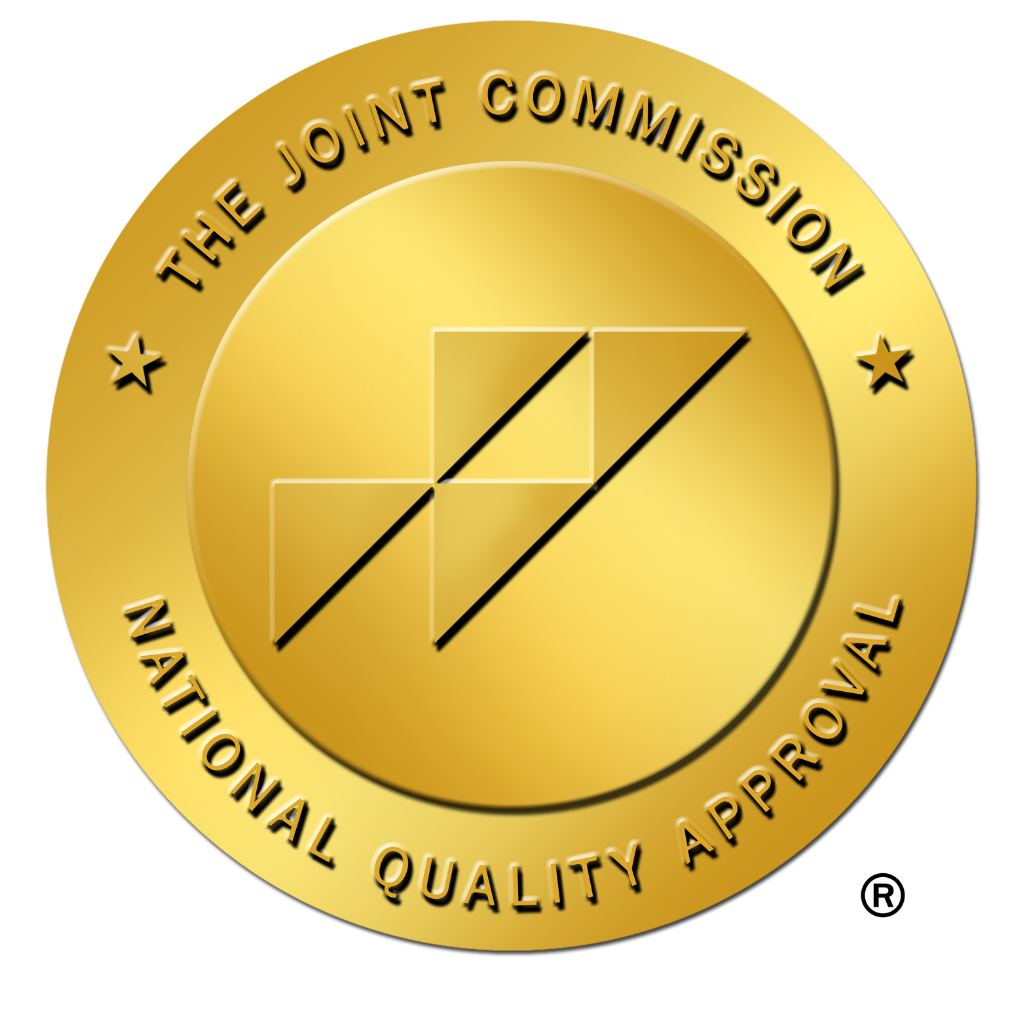Mental Health Intensive Outpatient (IOP) and Mental Health Partial Hospitalization (PHP): Understanding the Differences and Benefits

Percentage of adults with a mental illness received treatment in 2018, according to a report by the National Institute of Mental Health.
Mental Health PHP vs. IOP
Mental health issues affect millions of people worldwide, and they can be debilitating if left untreated. Mental health disorders such as depression, anxiety, bipolar, PTSD, ADHD, and more affect more than half the population of the United States at a given time.
One shocking statistic related to mental health outpatient treatment is that only 43.3% of adults with a mental illness received treatment in 2018, according to a report by the National Institute of Mental Health. This means that over half of adults with mental illness are not receiving the care they need, which can lead to worsening symptoms and decreased quality of life. The report also found that among those who did receive treatment, only 12.2% received outpatient treatment, highlighting the need for greater access to mental health services. Fortunately, there are various forms of treatment available, including intensive outpatient programs (IOP) and partial hospitalization programs (PHP).
These programs are designed to help individuals struggling with mental health issues receive the care they need while still maintaining their daily routines. In this article, we will explore the differences between IOP and PHP and the benefits they offer.
What is Mental Health Intensive Outpatient (IOP)?
Mental Health Intensive Outpatient (IOP) is a form of treatment that provides structured therapy and support to individuals with mental health issues. It is an alternative to inpatient treatment, which requires the patient to stay in a hospital for an extended period. IOP programs provide a high level of care while allowing individuals to continue with their daily routines, such as attending work or school. IOP is typically recommended for individuals who require more care than traditional outpatient treatment can provide but do not require 24-hour supervision.
What is Mental Health Partial Hospitalization (PHP)?
Mental Health Partial Hospitalization (PHP) is a more intensive form of treatment than IOP. It involves daily therapy sessions and medical monitoring, similar to inpatient treatment, but patients do not stay overnight in a hospital. PHP programs are designed for individuals who require more support than IOP can provide but do not need to be hospitalized.
What are the Benefits of IOP and PHP?
Both IOP and PHP have numerous benefits for individuals struggling with mental health issues. Here are some of the benefits:
Flexibility: IOP and PHP programs provide flexibility in treatment while still offering structured therapy and support. Individuals can attend therapy sessions during the day and return home at night.
Cost-effective: Compared to inpatient treatment, IOP and PHP are more cost-effective. Patients do not need to pay for 24-hour hospital care, which can be expensive.
Higher success rates: Studies show that IOP and PHP have higher success rates than traditional outpatient treatment. One study found that PHP had a success rate of 73%, while IOP had a success rate of 54%.
Community support: IOP and PHP programs provide a sense of community and support, which can be beneficial to individuals struggling with mental health issues.
Personalized treatment: IOP and PHP programs offer personalized treatment plans tailored to each individual’s unique needs. This ensures that patients receive the care they need to improve their mental health.
Statistics on IOP and PHP
Here are some interesting statistics on IOP and PHP:
In 2019, 9.2 million adults in the United States received treatment for a mental health issue. Of these, 18% received IOP or PHP treatment.
A study published in the Journal of Affective Disorders found that individuals who received PHP treatment had a significant decrease in depressive symptoms after six months of treatment.
A study published in the Journal of Psychiatric Services found that IOP treatment was associated with a reduction in hospitalization rates.
These statistics emphasize the need for greater access to mental health services and the importance of addressing the stigma surrounding mental illness. Many individuals with mental illness may not seek treatment due to fear of judgment or discrimination, which can lead to untreated mental illness and worsened symptoms.
To improve access to mental health outpatient treatment, it’s essential to increase awareness and education about mental health and reduce the stigma surrounding mental illness. This can include providing more resources and support for individuals with mental illness, improving insurance coverage for mental health services, and increasing funding for mental health programs.
Mental Health PHP & IOP
Mental health intensive outpatient (IOP) and mental health partial hospitalization (PHP) programs offer numerous benefits for individuals struggling with mental health issues. These programs provide structured therapy and support while allowing individuals to maintain their daily routines. Studies show that IOP and PHP have higher success rates than traditional outpatient treatment, making them an effective form of treatment. If you or someone you know is struggling with mental health issues, consider speaking with a mental health professional to determine if IOP or PHP is right for you.

